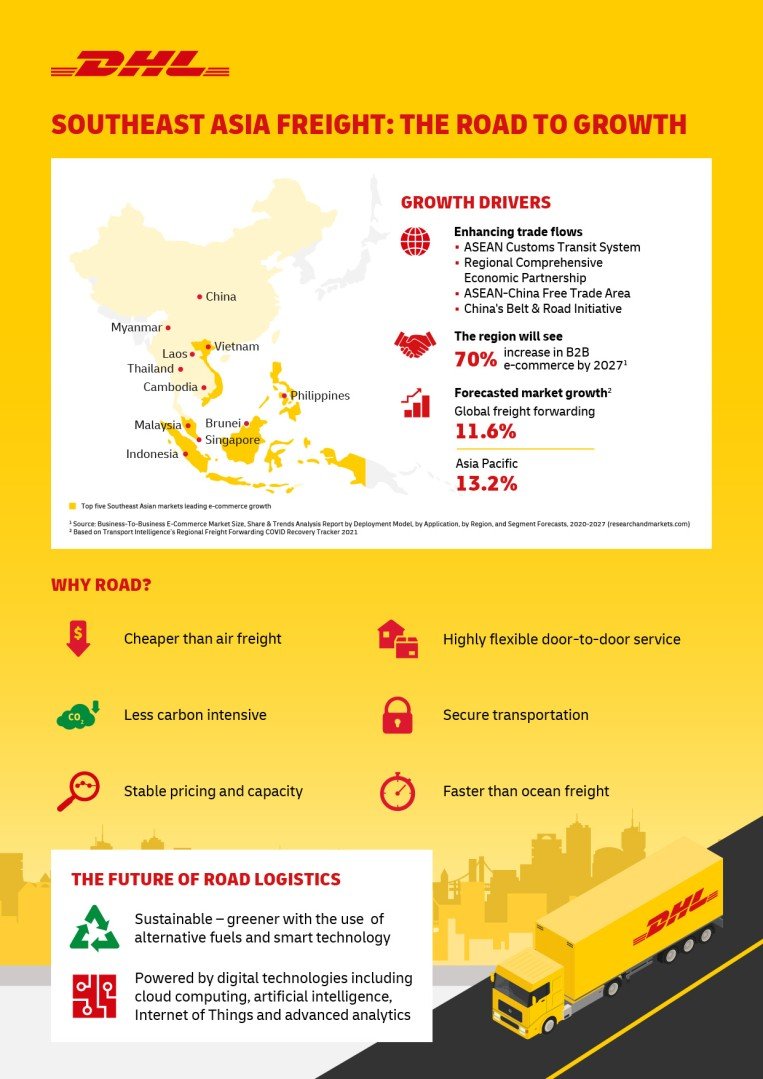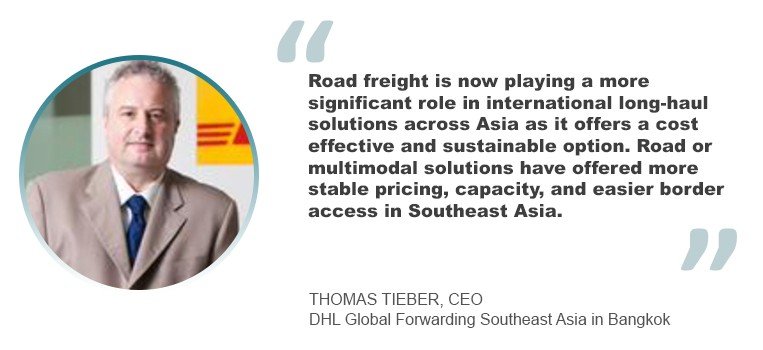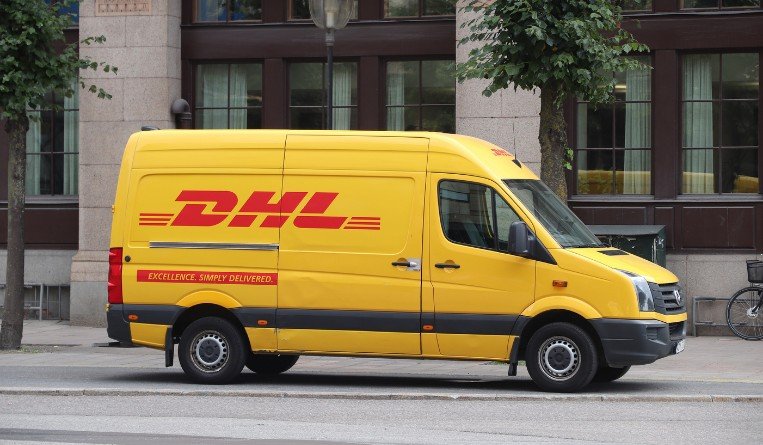DHL Global Forwarding, the leading international freight specialist division of Deutsche Post DHL Group, foresees a strong and sustained growth in cross-border road transportation in Southeast Asia where the e-commerce sector is expected to grow 5.5% in 2021. The predicted upswing is also driven by the renewed growth in many of Southeast Asia’s leading economies, as manufacturing rebounds and companies regionalize and diversify their supply chains. These trends are outlined in the whitepaper, “Southeast Asia Freight: The Road to Growth”, released in August 2021.
“With the easing of trade restrictions and implementation of new regulatory initiatives in the region such as the ASEAN Customs Transit System and Regional Comprehensive Economic Partnership, trade cooperation will continue to strengthen and bolster intra-Asia trade. This augurs well for ASEAN countries as they gear up to bounce back strongly from the Covid-19 pandemic,” said Kelvin Leung, CEO, DHL Global Forwarding Asia Pacific in Hong Kong.
One of the most significant developments is the ASEAN Customs Transit System (ACTS) introduced in 2020, which allows operators to move goods seamlessly across multiple ASEAN borders with a single guarantee that covers duties and taxes for the entire journey.

With East Asian economies expected to drive trade growth in 2021, the ASEAN road freight market is expected to witness a CAGR of greater than 8% during the forecasted period of 2020-2025. The rise in e-commerce consumer spending and B2B e-commerce, which is predicted to see a 70% increase by 2027, is also pushing demand for door-to-door logistics solutions.
“Road freight is now playing a more significant role in international long-haul solutions across Asia as it offers a cost effective and sustainable option. As we have seen in the last year with volatile air and ocean freight rates during the Covid-19 pandemic, road or multimodal solutions have offered more stable pricing, capacity, and easier border access in Southeast Asia,” said Thomas Tieber, CEO, DHL Global Forwarding Southeast Asia in Bangkok.
Road freight is significantly cheaper and generates less emissions than air freight, while offering increased security and faster lead times than ocean freight. Road solutions are also highly flexible with trucks able to manage door-to-door local, cross-border, long-haul and short-haul deliveries.
Increasingly, customers are choosing to truck their short- and long-haul shipments for part of, or the entire journey due to the reduced carbon emissions it offers as compared to airfreight. An air-road shipment from Jakarta to Bangkok via Singapore cuts carbon emissions by half, in addition to cost savings of 35%, as compared to a direct flight, while trucking a shipment from Singapore to China reduces carbon footprint by 83% as compared to airfreight.
“Road logistics is seeing a greener future, powered by technology to become more efficient and secure, and being more sustainable with carbon efficient fuels. Together, these factors are transforming the road freight sector and creating ever more attractive and sustainable logistics solutions,” added Tieber.




